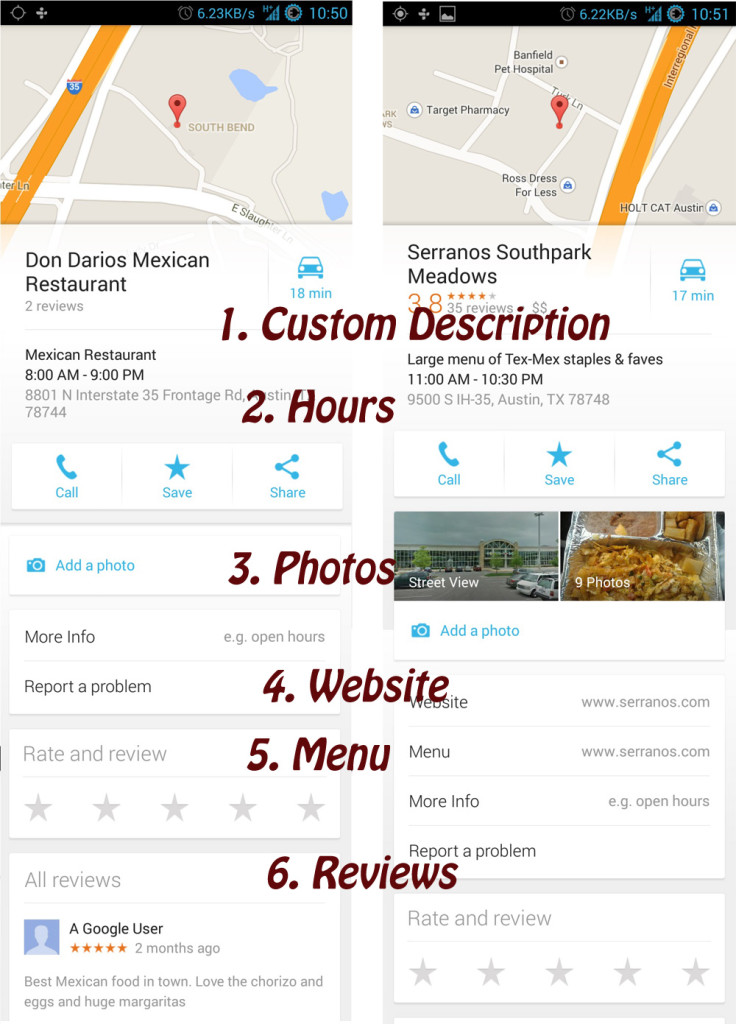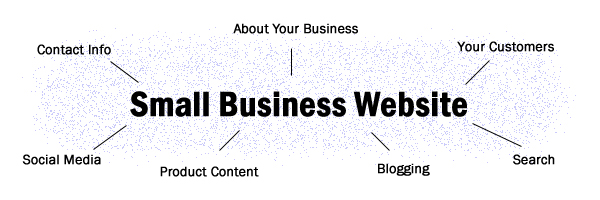Mobile phones are everywhere. People are on them while they jog, at the office, at a stop light in their car (please dont text and drive). Literally everywhere. What are they looking at? Well, chances are its facebook or checking their emails, and that is whole different conversation. Users, and more importantly – your customers, are replacing their heat spacer shaped desktop computers and chunky leg burning laptops, with smart phones and tablets.
With entire households going to a mobile form factor for their web surfing, web pages have adapted their appearance to be able to be optimally displayed on mobile phones and tablets. But it is 2014 and responsive web design and / or mobile themes are already becoming the standard, most small businesses are already late to the game without it.
But the importance of mobile goes beyond just a page design. A mobile friendly website gives the information to you quickly. Just like a boss who looks at a stack of resumes for roughly 5 seconds each, a potential customer is going to hit their back button if they arrive at a website where it is either too cluttered for their mobile device, or the pinch and zoom scrolling is not worth the effort.
So what happens? Well, lets timeline this mobile search scenario. Your small business page wasn’t mobile friendly, so lets see the downstream effects. This reminds me of one of those dish networks commercials (Don’t get your father punched in the stomach!):
You run a Mexican food restaurant, and your potential client is craving a couple of tacos. Your websites isn’t mobile friendly, so your client has a hard time reading your menu. They zoom in and the page awkwardly resizes but its not worth the trouble. They leave and have a great time at Taco Cabana. They tag themselves while having a taco and a margarita and all their social media peers like their check-in. These same peers, don’t know about your restaurant. Since your potential client didn’t go to your restaurant, their peers continue to not be aware of your great restaurant’s existence. You don’t get a review written for you, since your client went and had 2 tacos, a beer and a small margarita from Taco Cabana. So the next guy craving Mexican food looks on Yelp, and guess what, you aren’t there. Why? Because your web page looked awful on a potential clients smart phone, so instead they had 2 tacos, 4 beers and a pitcher of margaritas at Taco Cabana which lead them to just go home instead of writing a positive review of your restaurant. Maybe they will go to your restaurant next time, or maybe they will just go back to Taco Cabana, since it worked out well this time.
In this “Taco Cabana Wins” scenario, I am ignoring that the restaurant owner isn’t tackling other mobile aspects. This is what we mean when we say that a mobile friendly online presence is more than just a mobile aware website. The customer who just wanted some tacos, they may have been driving around and searched “Mexican food” on their google maps. A Google places listing greatly benefits this use case of mobile search.
What about mobile apps? Mobile apps tend to have your friends involved…where they ate, shopped, etc. Is your business setup so clients can check in on Facebook? Four Square? It is only a few degrees of separation between the client who left your restaurant and the next one to walk in, and mobile is what makes you connect the dots. Friends like to go try the food at where their friends ate at.
Your email campaign, even has mobile ties. Did you email coupons out for a free appetizer? Thats a great campaign, because Taco Cabana sure doesn’t have appetizers. Well, your clients may have forgotten the coupon at home. UNLESS…tada they have their smart phone with your email, coupon attached.
Mobile touches all points of a good online presence. A great, mobile aware design gives your business credibility, even against Taco Cabana’s large scale taco pumping business model. Mobile apps involve your clients peers, expanding your customer base. Email campaigns take advantage of everyone’s obsession with checking emails every 5 seconds, gets them in a store with your perk, and then they order 4 beers and a pitcher of margarita on top of that.
Mobile is going to keep evolving and incorporate your customers interaction with your small business. A mobile device in a clients hands shrinks the distance between your business and your customers. There is direct communication, and customers are giving you infinite chances to find you every time they check their phone, their email, their text, their facebook…the list is endless.

 Forget Panda, Penguin and other code named updates to Google’s algorithm. Instead lets look at the main ideas behind all of Google’s updates. In the early 2000’s, Google changed the game and stopped responding to keyword stuffing. An example of keyword stuffing is if “Google changed their algorithm” or some variation of that phrase, were repeated into every other line of this blog.
Forget Panda, Penguin and other code named updates to Google’s algorithm. Instead lets look at the main ideas behind all of Google’s updates. In the early 2000’s, Google changed the game and stopped responding to keyword stuffing. An example of keyword stuffing is if “Google changed their algorithm” or some variation of that phrase, were repeated into every other line of this blog.

